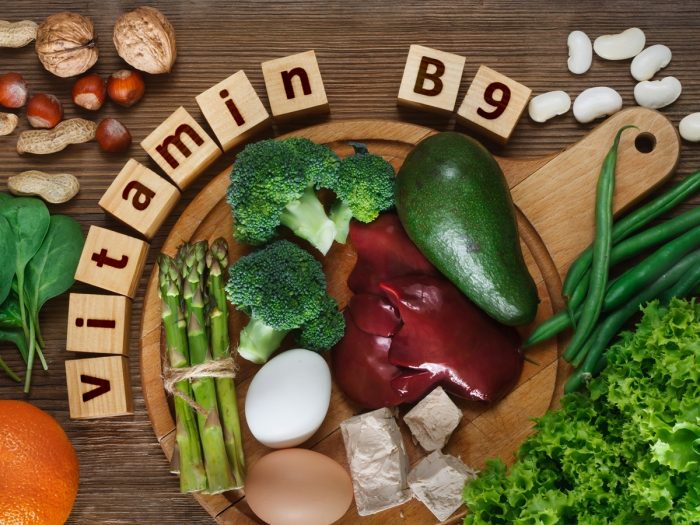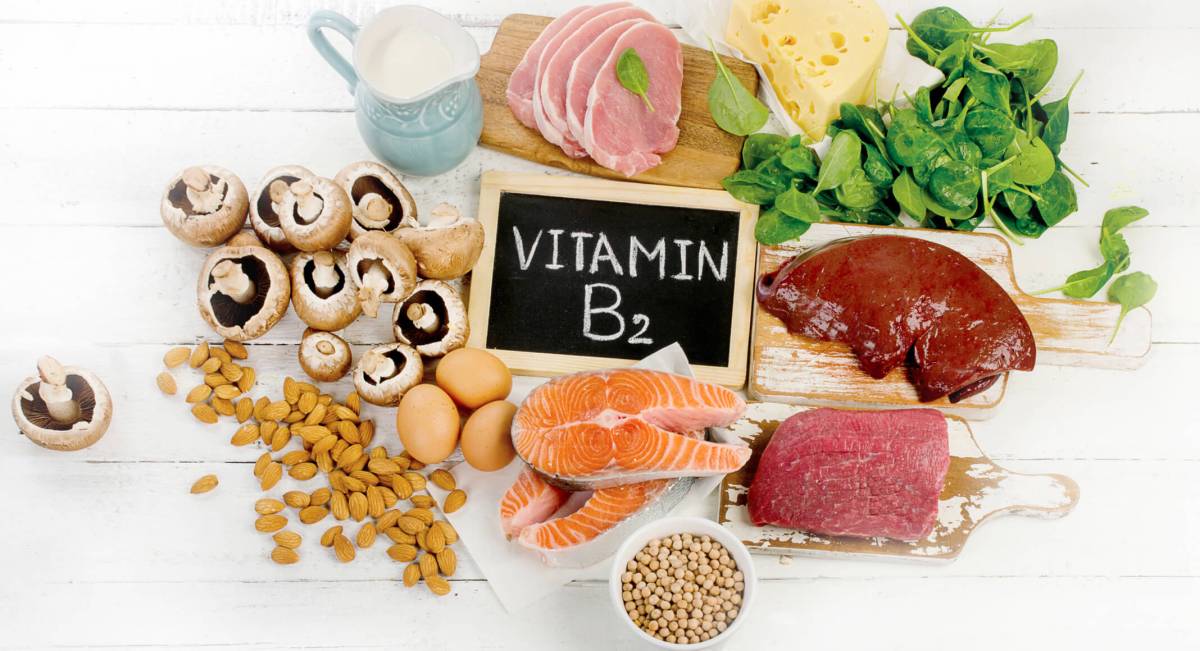
Vitamin B-12, also known as Cobalamin, is a crucial B vitamin. It is needed for nerve tissue health, brain function, and the production of red blood cells. In the U.S., between 1.5 and 15% of the population are currently diagnosed with vitamin B-12 deficiency.
Importance of Vitamin B12
- Vitamin B-12 is important for brain function and the nervous system
- It is also involved in the formation or synthesis of red blood cells and helps to create and regulate DNA.
- The metabolism of every cell in the body depends on vitamin B-12, as it plays a part in the synthesis of fatty acids and energy production. Vitamin B-12 enables the release of energy by helping the human body absorb folic acid.
Vitamin B-12 is a water-soluble vitamin, like all other B-vitamins, meaning it can dissolve in water and travel through the bloodstream, and any excess or unwanted vitamin B-12 is excreted in the urine.
It can be found naturally in animal products, such as fish, meat, eggs, and dairy products. It does not typically occur in plant foods. The recommended daily intake for adults and teens over the age of 14 years is 2.4 micrograms (mcg) of vitamin B-12 a day. Pregnant women should be sure to consume 2.6 mcg, and lactating women 2.8 mcg. Good dietary sources of vitamin B-12 include:
• beef
• pork
• ham
• poultry
• lamb
• fish, especially haddock and tuna
• dairy products, such as milk, cheese, and yogurt
• some nutritional yeast products
• eggs
• Some types of soy milk and breakfast cereals that are fortified with vitamin B-12.
It is always better to maintain a balanced diet and receive healthful amounts of nutrients. The symptoms of deficiency are thus easily avoided.
Vitamin B-12 deficiency occurs when the body does not receive enough vitamin B-12. It can result in:
- Irreversible and potentially severe damage, especially to the nervous system and brain. Some people with insufficient vitamin B-12 have a higher risk of developing psychosis, mania, and dementia.
- It can also cause Anemia, as red blood cells cannot multiply properly without Vitamin B12.
Symptoms of deficiency:
- Even slightly lower-than-normal levels of vitamin B-12 can trigger deficiency symptoms, such as depression, confusion, memory problems, and fatigue.
- Other symptoms of vitamin B-12 deficiency include constipation, loss of appetite, and weight loss.
- Once symptoms escalate, they can include neurological changes, such as numbness and tingling in the hands and feet. Some people may have difficulty maintaining balance.
- Infants who lack vitamin B-12 may demonstrate unusual movements, such as face tremors, as well as reflex problems, feeding difficulties, irritation, and eventual growth problems if the deficiency is left untreated.
- Because, insufficient vitamin B-12 can lead to anemia, the most common symptoms of anemia are fatigue, shortness of breath, irregular heartbeat, a sore mouth or tongue, weight loss, pale or yellowing skin, diarrhea, menstrual problems, leaving people more susceptible to the effects of infections.
Who is at greater risk?
- Vegans, as their diet excludes animal-sourced food products.
- Pregnant and lactating women.
- People with pernicious anemia, as they do not have enough intrinsic factor (IF), a protein in the stomach that allows the body to absorb vitamin B-12.
- People with small intestine problems, like those whose small intestine has been surgically shortened, as they may not be able to absorb cobalamin properly.
- Gastritis, celiac disease, and inflammatory bowel disease, as these conditions cause the absorption of nutrients to be reduced.
- People with chronic alcoholism are not able to absorb nutrients efficiently.
- Individuals treating diabetes with metformin are advised to monitor their levels of vitamin B-12, as metformin might reduce the absorption of vitamin B-12.
Some of people that have difficulties absorbing vitamin B-12 from food sources and may need to take supplements, given by a doctor.
Click here for more great info! BeWellnessNow


















